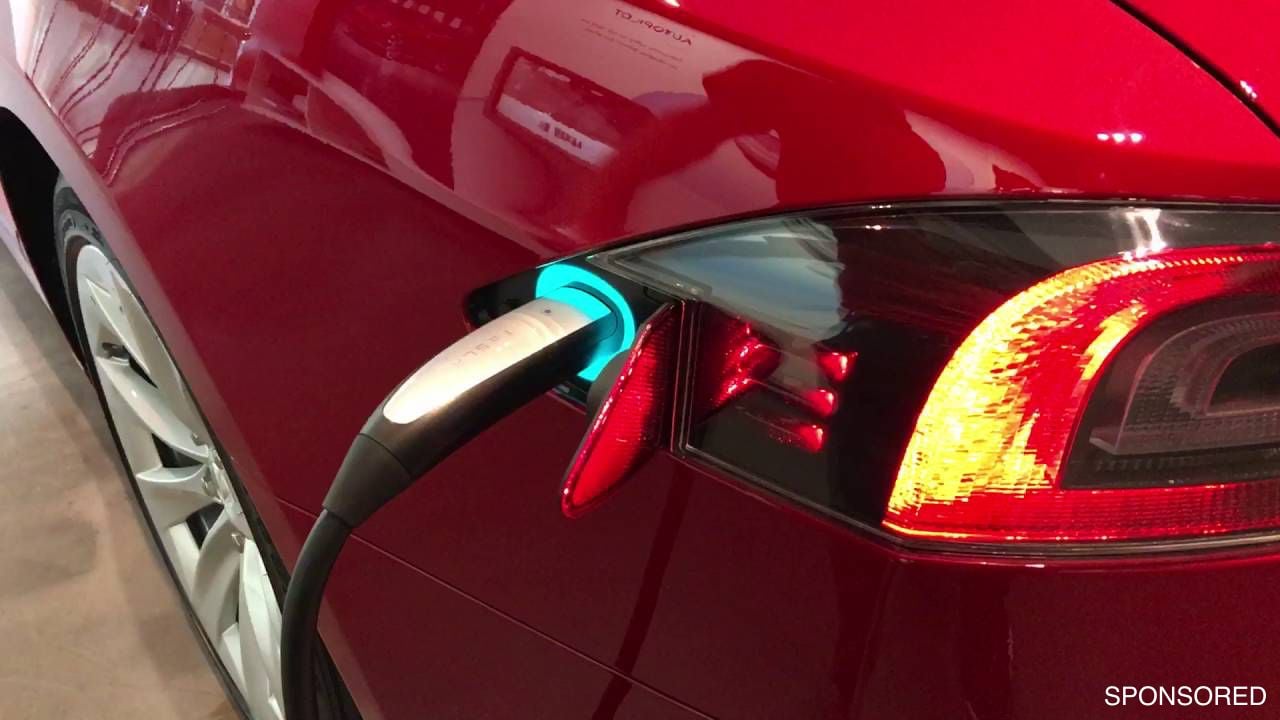EDITOR’S NOTE: This is a sponsored post from EV charging installation specialist DCC.
Home charging has many difficulties when it comes to installation in multi-residential homes, but solutions have emerged for the most common issues.
Condo charging installations generally get blocked by two major things – an inaccessible panel (like if you live on the 7th floor and your parking space is on the ground floor), or by HOA’s who don’t want an EV charger connected to the building’s main energy supply. This leads to the question on proper billing for the EV owner.
Before getting the installation (and solution), it’s best to have a couple of items figured out.
Start by knowing the charging context
Find out where the electrical meters are housed.
- Are they near your parking spot? If further away, more wiring is needed, which adds to the cost.
- Will it be an outdoor or indoor installation?
- Has the charging hardware been chosen?
Any installation will be slightly different in execution, but the key elements will be the same
- Ultimate goal — have an EV charger installed.
- Direct Billing — connect to EV owner’s power supply and avoid the main power supply altogether.
- Keep the panel at its current capacity — avoid costly infrastructure upgrades.
Why DCC-9 works best
DCC-9 allows the connection of a charger in homes where the electrical panel is inaccessible from the parking spot. Think condos, apartments, duplexes. It’s fully self-supporting, meaning that once the installation is complete, there’s no additional management or upkeep needed.
In essence, it’s a little boring box that sits between the EV charging hardware and the EV owner’s electrical meter that manages the energy being used by the home and the charger.

By installing this little box there’s a connection that’s made with the unit, which is how it avoids the common energy supply, and DCC-9 automatically de-energizes and re-energizes the EV charger according to the total power consumption with real-time readings.
It de-energizes when it detects when the total power consumption of the main circuit breaker exceeds 80%, and re-energizes when it detects less than 80% for longer than 15 minutes.
DCC-9 works in conjunction with the EV charger and we recommend having it installed at the same time. It works with any EV charger, and should the EV owner ever move, the charger can be uninstalled.
All DCC units are proudly manufactured in Canada by Thermolec, the supplier of choice since 1973.
DCC-9 with the NEMA 14-50 outlet
The NEMA 14-50 outlet is for a 50A continuous load, which means a 50A breaker is needed We recommend using the DCC-9-50A.
DCC installed outdoors
Exterior versions have recently launched and are now available.
DCC-9 in action

 Here a DCC-9-50A was installed on the ground level parking lot. This owner lived on the 6th floor of his building in San Jose, California.
Here a DCC-9-50A was installed on the ground level parking lot. This owner lived on the 6th floor of his building in San Jose, California.
The DCC-9 unit was wall-mounted in his electrical room where it was wired for 50 ft. through 1-inch conduit. The installation took one electrician roughly eight hours to complete.
Shipping time on the DCC was 5 days. This owner installed a Gen. 2 Tesla Wall Connector. He has the capacity to charge at a 40A continuous rate (37 miles/hour). The DCC enables the utility to directly bill the EV owner, without affecting the HOA’s electric bill.
What if I don’t own an EV yet?
DCC-9 can also be proactively installed in stacks as “empty” boxes and only when the EV charger is needed is the internal component upgraded.
We commonly see this type of installation when an HOA decides to upgrade the entire building. There is a one-time installation cost at a much lower rate-per-unit, and the internal component (DCC-9-PCB) can be separately purchased by the homeowner when ready.

How do I buy a DCC?
We offer wholesale pricing to registered electricians. You can find a distributor here. Or fill out this form and we can help you select the best model.
About DCC
The DCC founders took delivery of their first Tesla Model S in April 2014. As early EV adopters in Montreal, Canada, they instantly faced the pains of home charging installations.
DCC is the leading North American specialist in supporting residential EV charging installations with existing infrastructure in condos. DCC units are Electric Vehicle Energy Management Systems.
